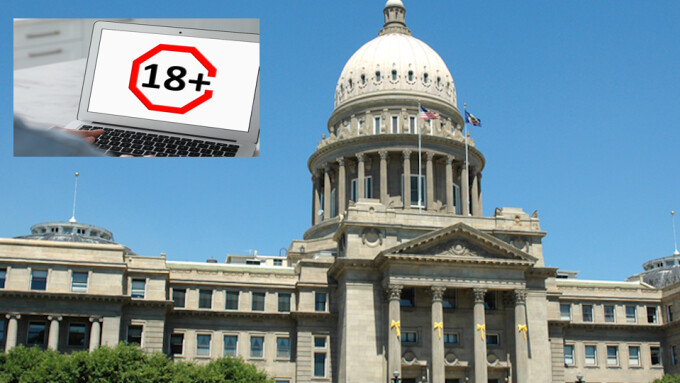BOISE, Idaho — The Idaho legislature has passed the state’s version of the age verification bills being sponsored around the country by anti-porn religious conservative activists.
HB 498 originated in the state House as a partisan Republican initiative, but was passed by the House and the Senate without any opposition from Democratic lawmakers.
Democratic Sen. James Ruchti supported the Republican bill, stating, “It’s well-written, it’s got detail. The sponsors seem to have thought of all the contingencies. It’s going to be used against a corporation that has disseminated this material.”
Ruchti did not mention which corporation the law was designed to target, but around the country Republicans have broadly admitted during debates and press statements that the goal of the current age verification campaign is to specifically target Pornhub, which is owned by Aylo.
The bill requires age verification for websites if material that Idaho deems “harmful to minors,” including all adult content, constitutes at least one-third of a website’s content. If signed into law by Republican governor Brad Little, as is expected, HB 498 will take effect July 1.
“Our kids are continuously exposed to pornography, and our current laws don’t effectively protect them,” said the bill’s Senate sponsor, Ben Toews. “What you have before you is an effective solution. It uses third-party age verification as a way to block that content from children.”
The bill “would create a private cause of action, allowing minors and parents to sue in civil court for statutory damages of at least $10,000 and injunctive relief to stop the website from allowing minors to access the harmful content,” the Idaho Reports news site reported.








